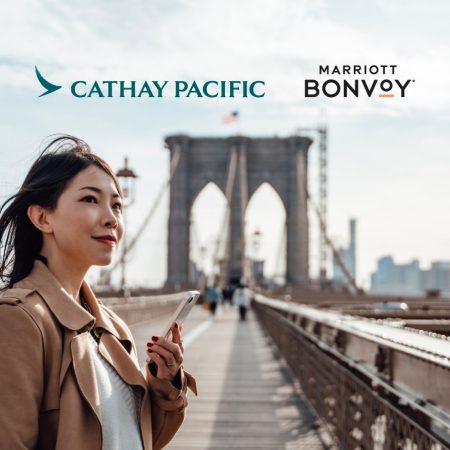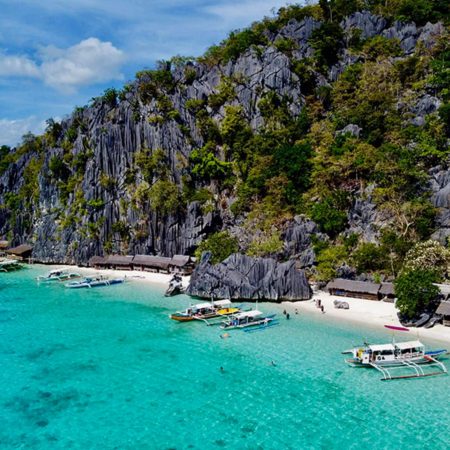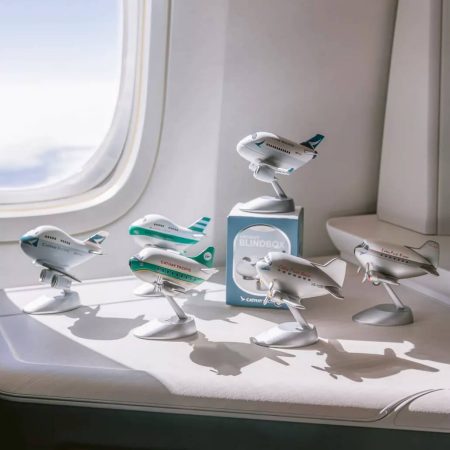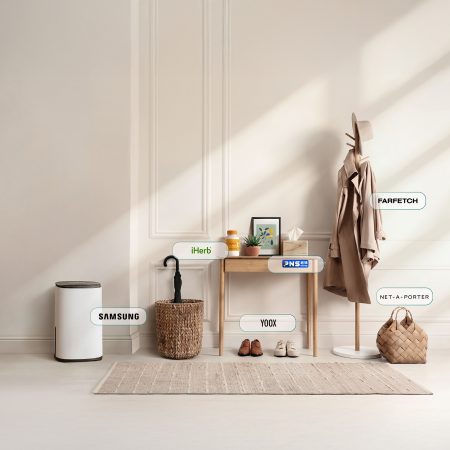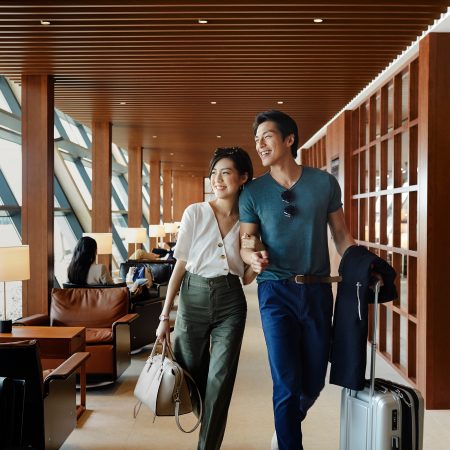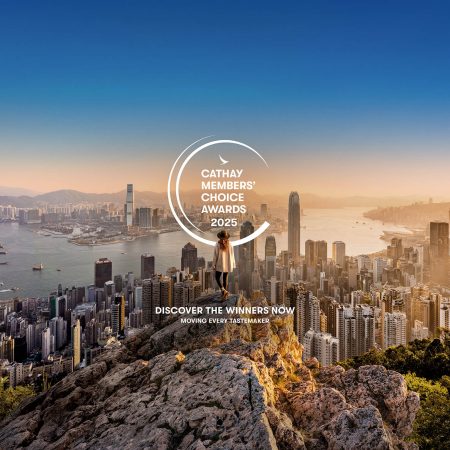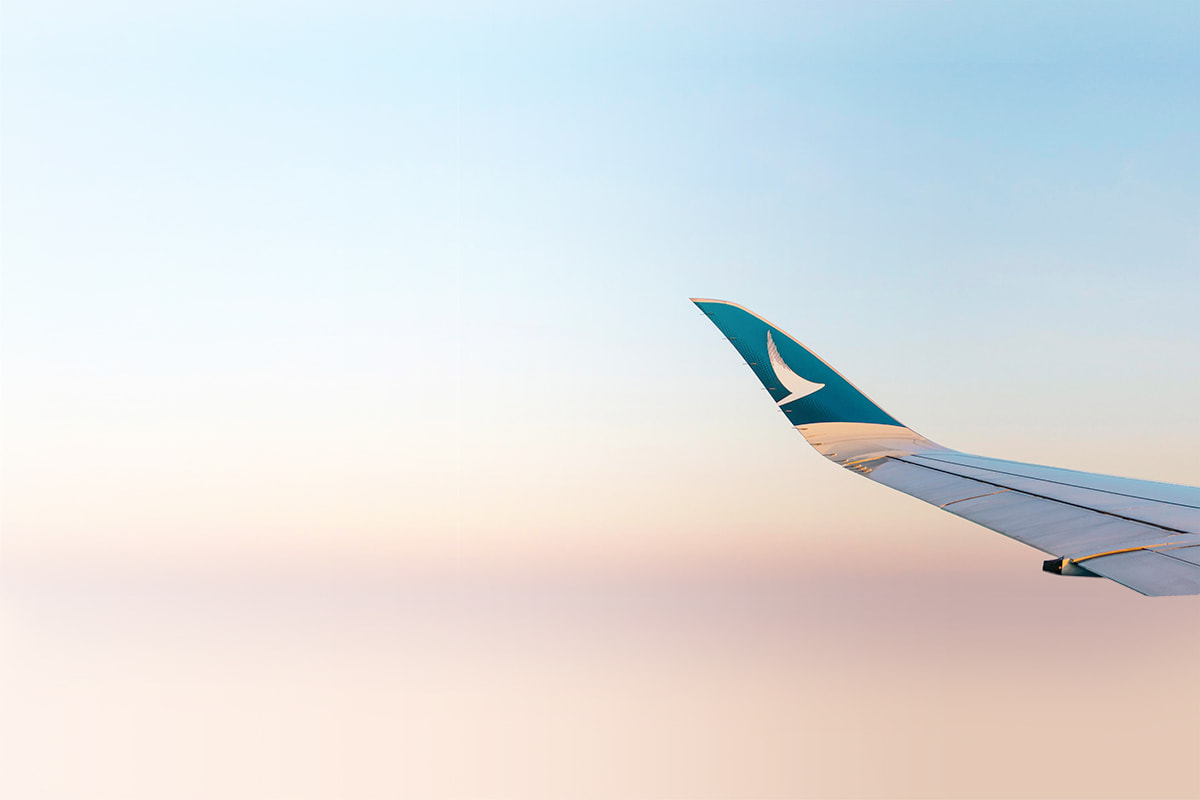7 best places to go shopping in Bali
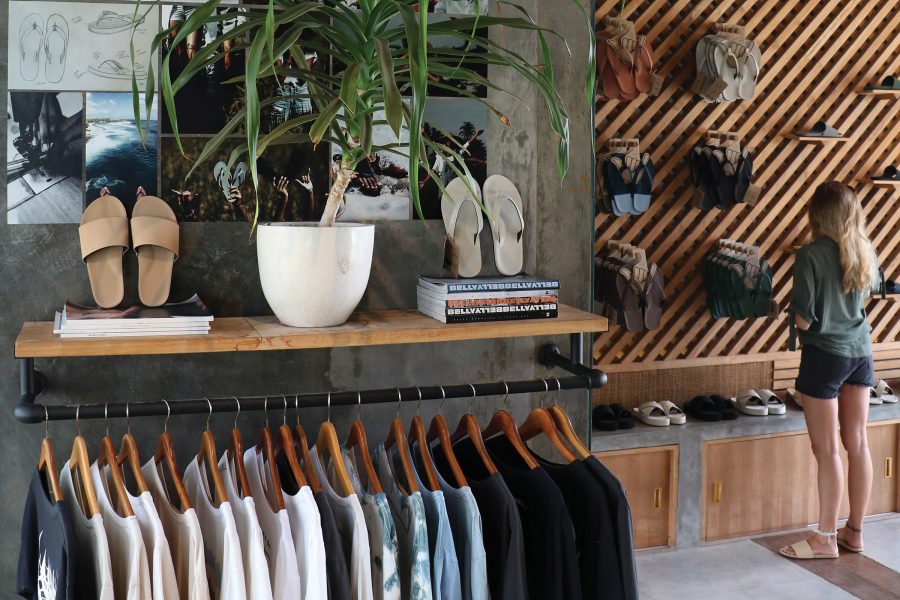
Bustling Bali market stalls have done a tidy business in souvenirs for decades, and rattan bags and colourful sarongs haven’t yet lost their appeal as easy take-homes. But just as the island has morphed from a backpacker hub into a serious luxury destination, the retail scene has evolved, too, with homegrown boutiques and creative businesses offering fashionable, functional, high-quality purchases that’ll easily translate from holiday to home.
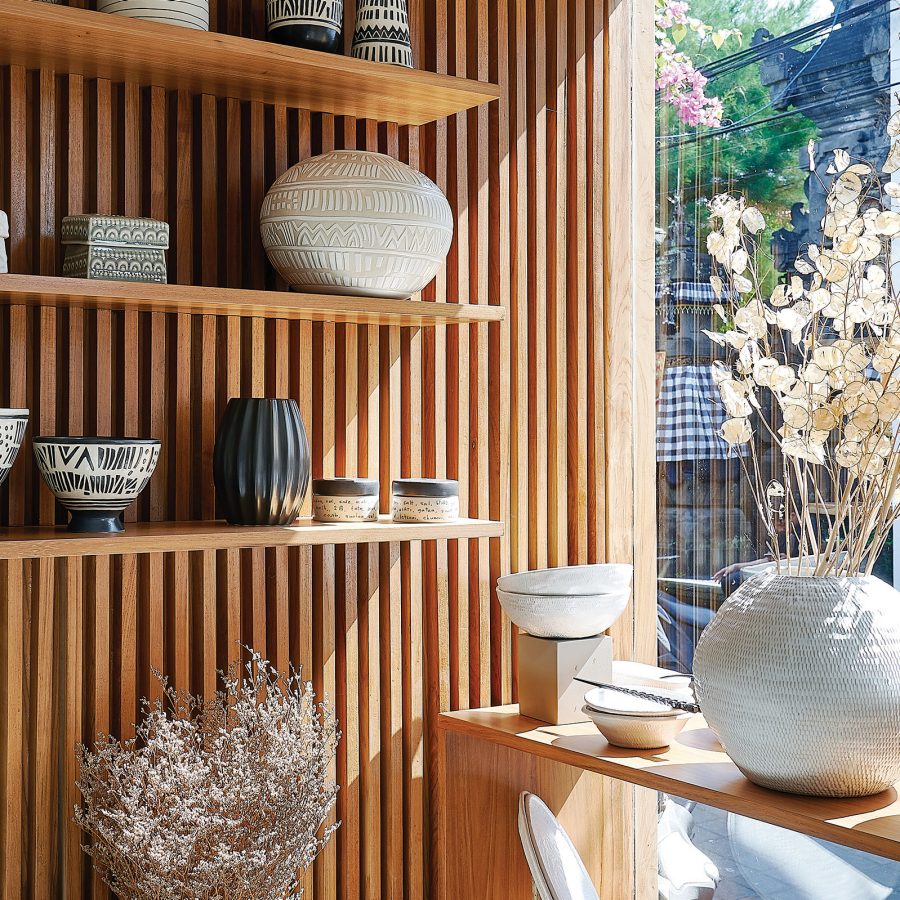
Kevala
Take a peek at the underside of the tableware at some of Bali’s top restaurants and you’ll likely see “Kevala ” etched into the ceramic. Founded by British expat Wendy Thomas in 2006, the brand specialises in bespoke pieces, often designed in collaboration with chefs from across the Indonesian island and handcrafted by a team of more than 100 Balinese artisans. Head to the stylish Kevala Home boutiques in Uluwatu, Ubud and Sanur to pick up premium plates, vases, cups or bowls; for bargain one-off pieces, check out the outlet at Kevala’s red brick factory in Denpasar.
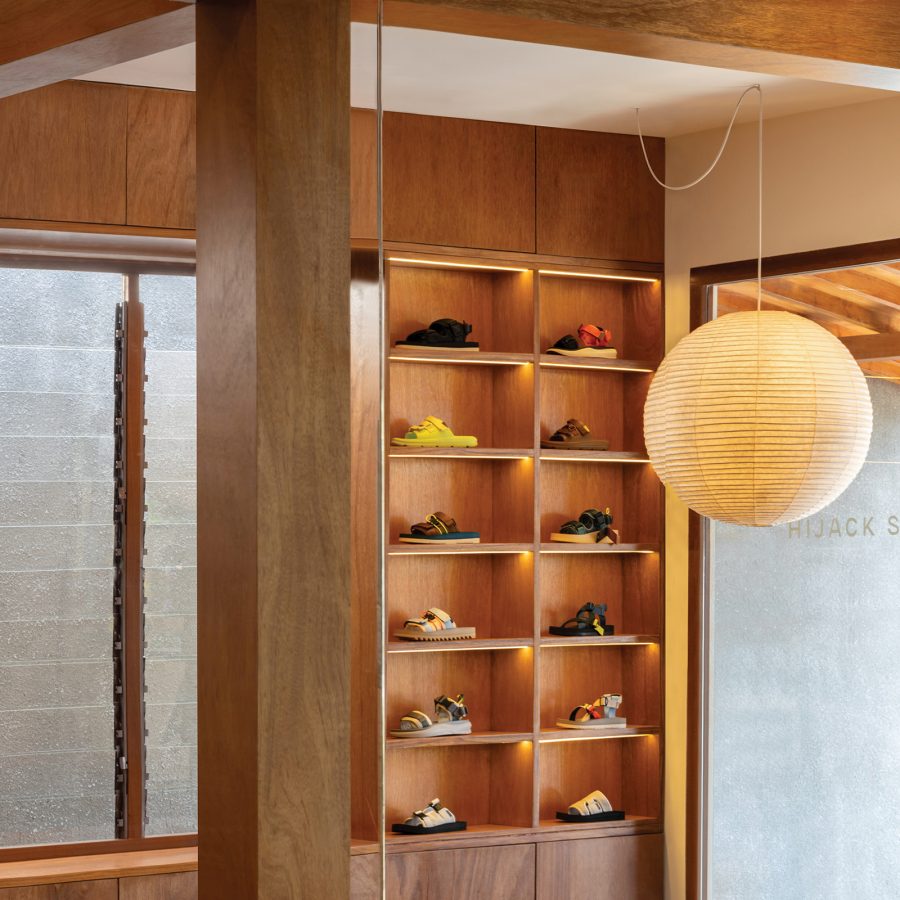
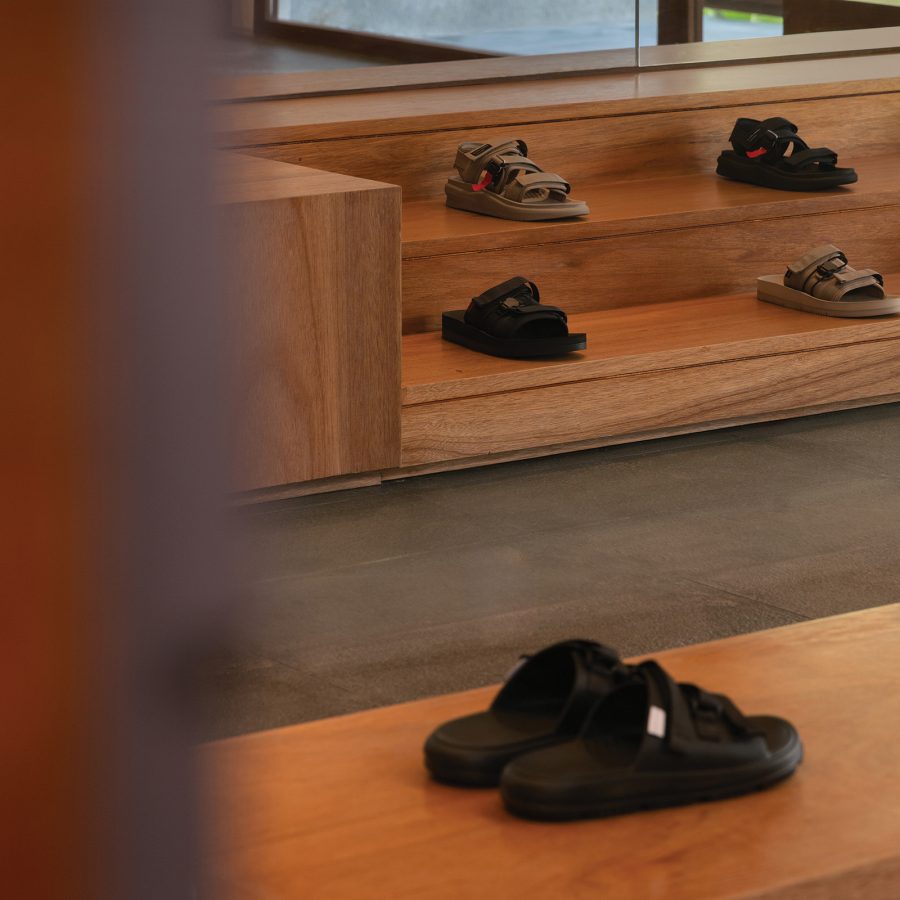
Hijack Sandals
When Hijack Sandals launched in 2010, it offered an alternative to the flip-flops and traditional leather sandals that are ubiquitous and indispensable in Indonesia. The brand’s hard-wearing, edgy, streetwear-style sandals – featuring bold straps, clasps, loops and wedged soles – quickly disrupted footwear trends. With gender-neutral appeal and Pantone colour combinations, Hijack offers up-styling options which include chunky laces, contrasting colour loops, and lightweight soles that deliver cloud-like comfort. The Canggu shop has half-price sales at the end of each month.
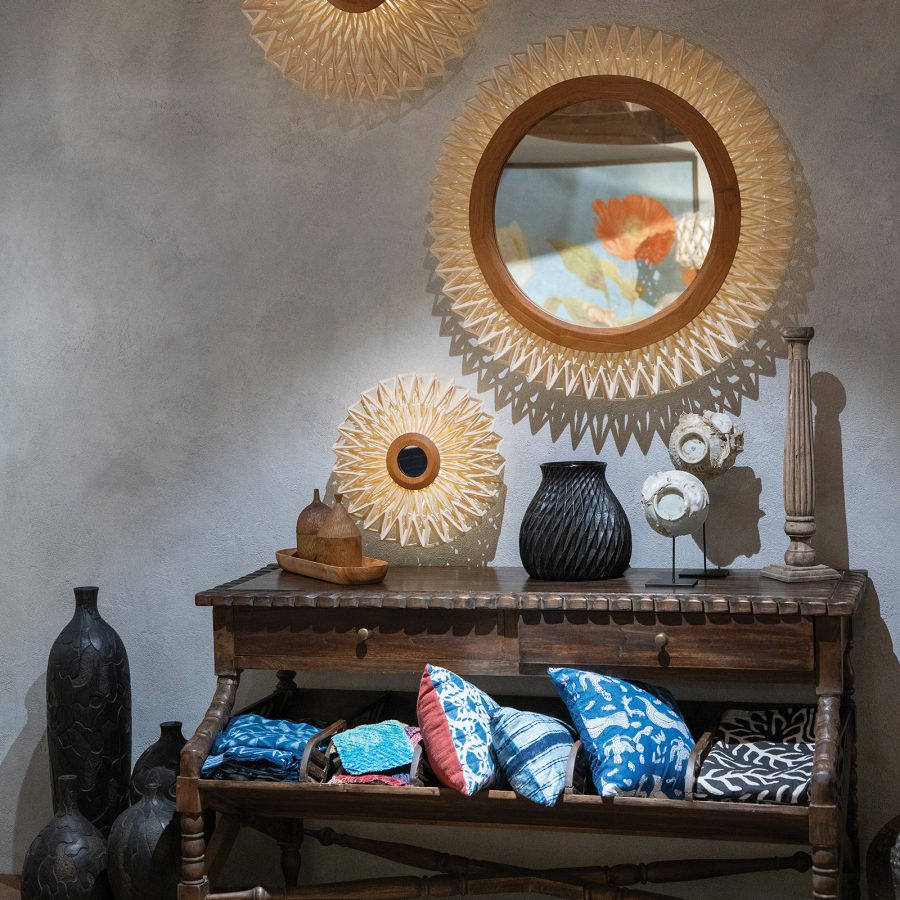
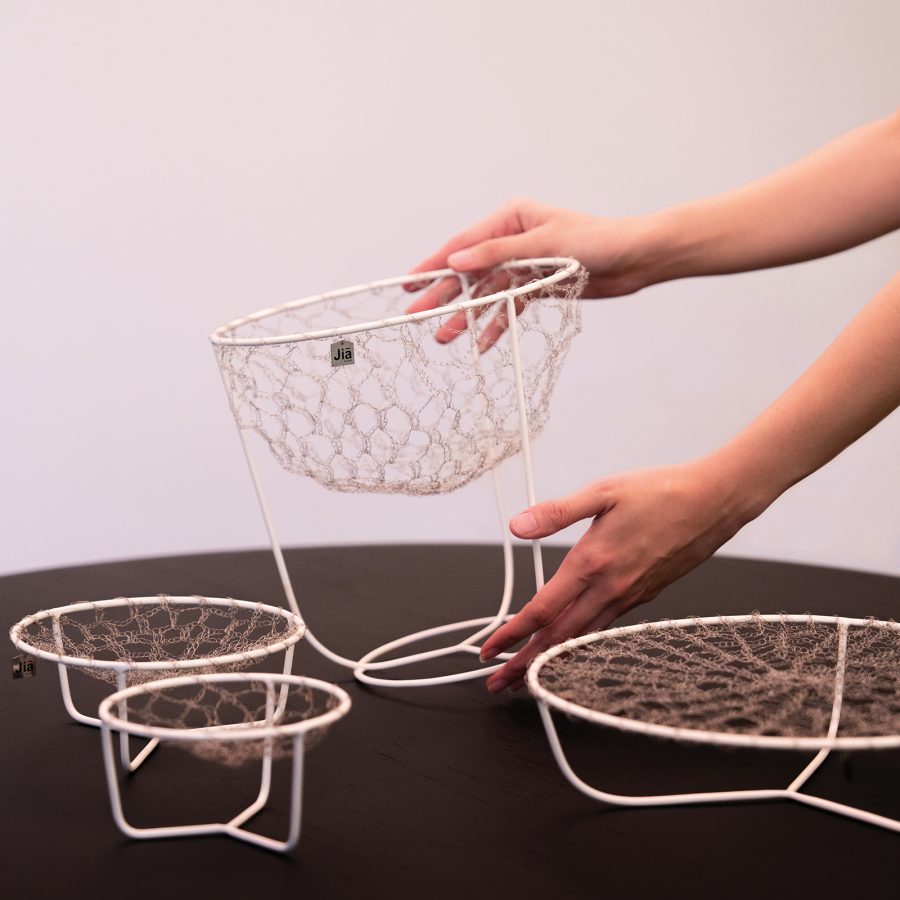
Jia Collective
Jia Collective is a novel home decor concept store curated by Budiman Ong, the creative force behind the artisanal Ong Cen Kuang lighting brand. With Jia Collective, Ong has sourced an array of beautiful bespoke pieces made by creatives from across Bali, Indonesia and the wider globe. Pick up one-of-a-kind, hand-stitched wall hangings, cushions and rugs, pore over stylishly functional items including ceramic cups and wooden cutlery, or go large with a selection of showpiece carved stools, wicker chairs and light shades.
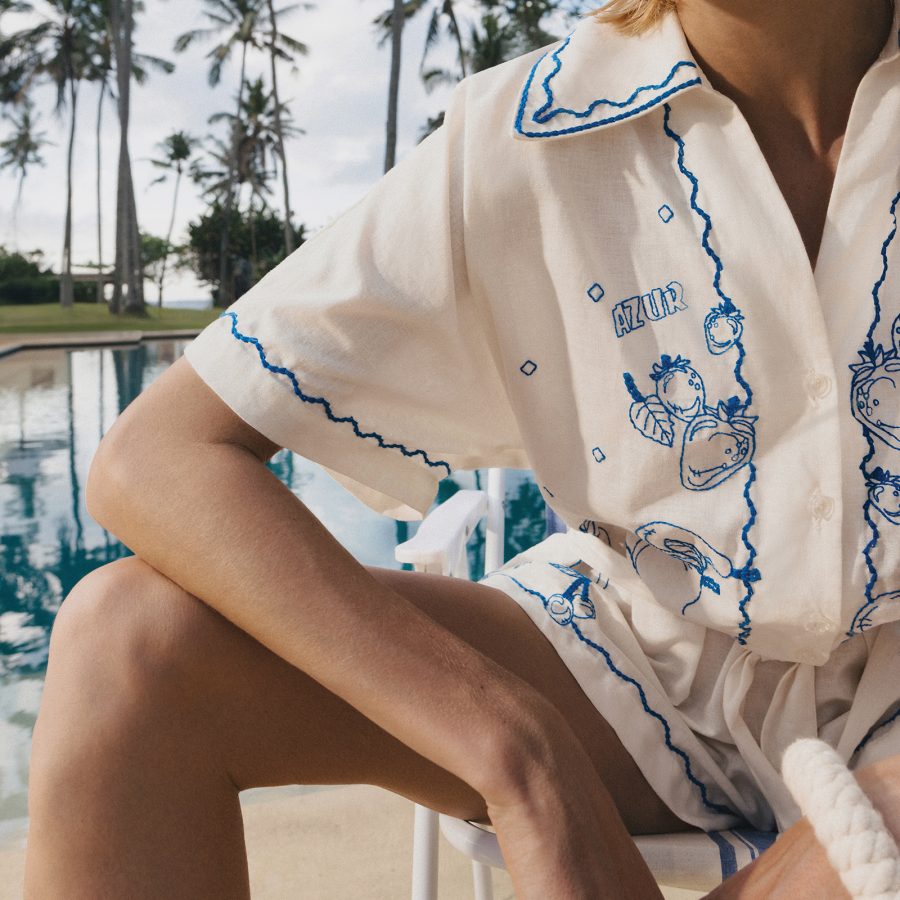
Credit: Magali Pascal
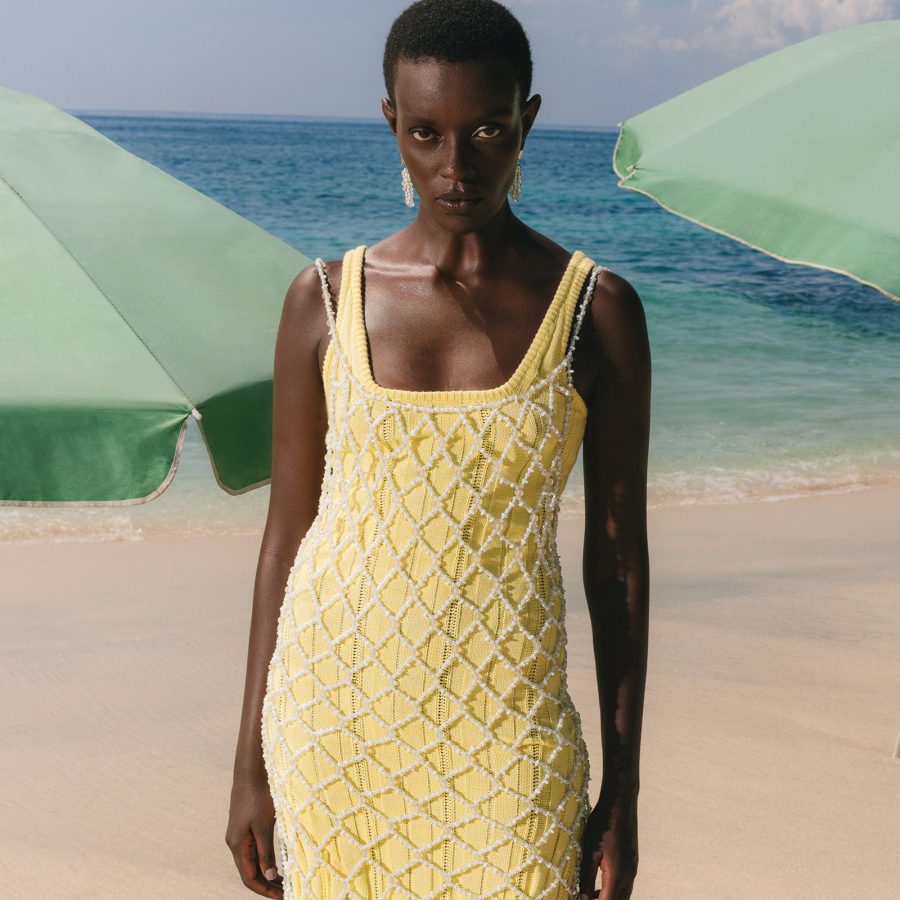
Credit: Magali Pascal
Magali Pascal
Founded back in 2002, before Seminyak and Canggu were the global tourism hotspots they are now, Magali Pascal is a Bali-born fashion label combining the Parisian style of its namesake creator and the tropical vibe of the island she loves. The result is a go-to for elevated fashion, from silk camis and chic matching top-and-shorts combos to elegant dresses equally fit for catching a Batu Bolong Beach sunset as sipping cocktails at an Ubud bar. There are five boutiques across the island, including the latest opening in Pererenan.
Biasa
In the mid-’90s, Susanna Perini opened her first Biasa boutique amid a sea of rice fields. Fast forward to today, and the Italian designer and art enthusiast’s clothing and lifestyle brand can count six boutiques and two art galleries across Bali and Jakarta – including its flagship store in Seminyak – plus duty-free outlets at Bali, Jakarta and Lombok airports. The label’s signature free-flowing dresses, shirts, skirts and scarves pair with classic-cut trousers to create looks that manage to be both classic and tropical. Natural hand-loomed materials, embroidery, appliqué and hand stitching all nod to the time-honoured Balinese handicraft techniques that are key to the Biasa brand.
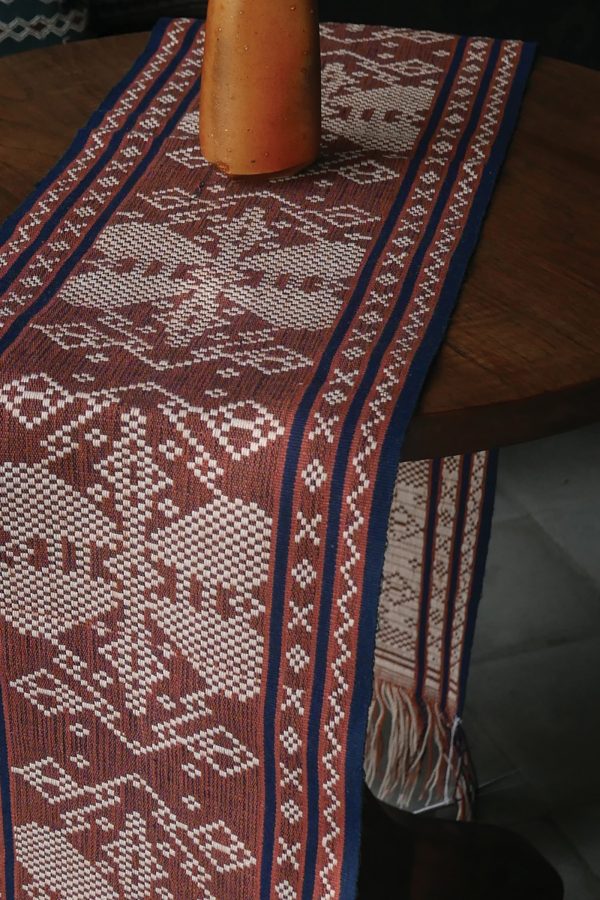
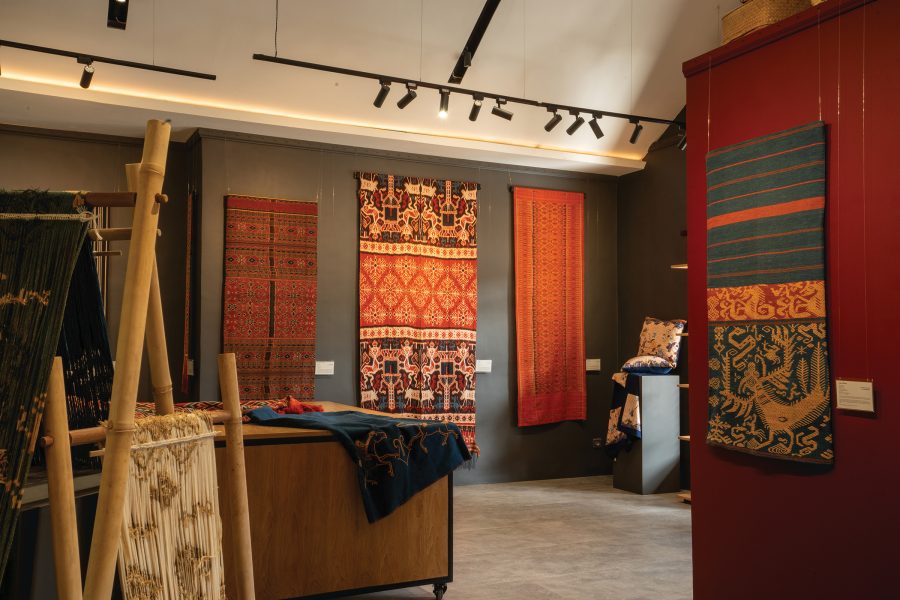
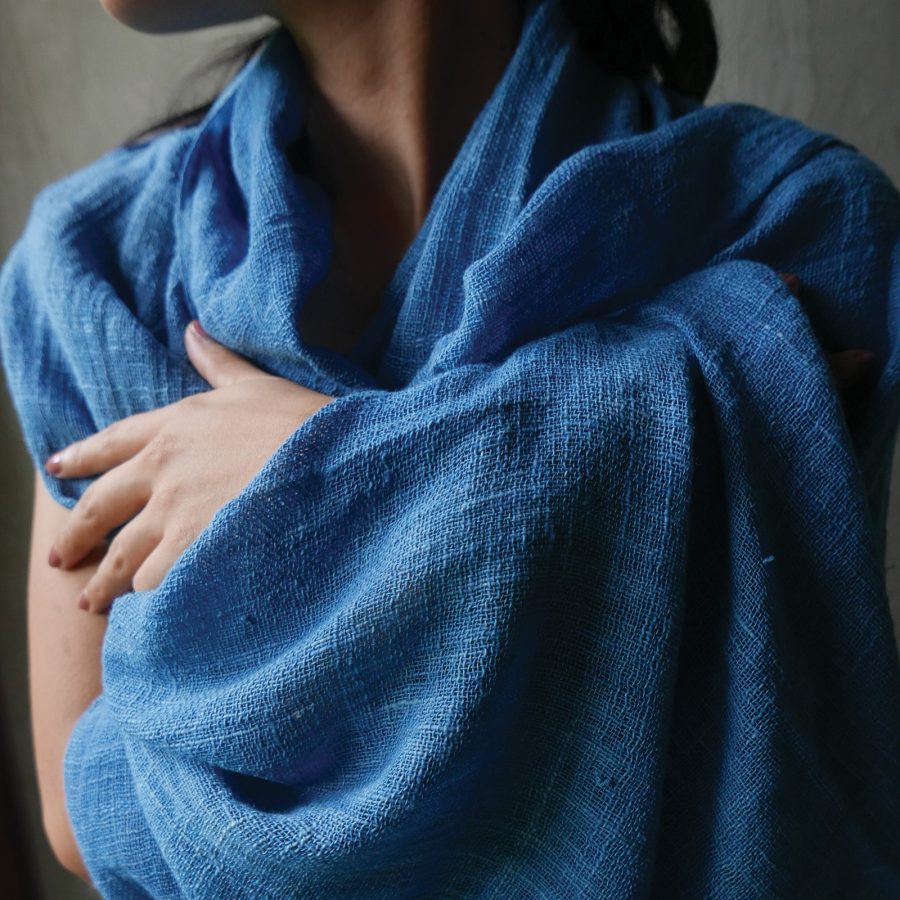
Threads of Life
Colouring fabrics with dye made from garden plants and natural indigo is just one age-old Indonesian textile technique being kept alive at Threads of Life which promotes endangered craft traditions from 12 indigenous cultures from across the archipelago. Operating since 1998, the business supports the livelihoods of more than 1,200 women. Their skills help create wearable fashion items, including earrings, bags and silk scarves, alongside household accessories, such as wall hangings, napkins and table runners. The brand boasts a standalone boutique, a gallery and a studio – all in Ubud – where you can find out more about local traditions, from the blurry, warped ikat dyeing technique from Sumba to the cupai baskets made by the Dayak people of West Kalimantan.
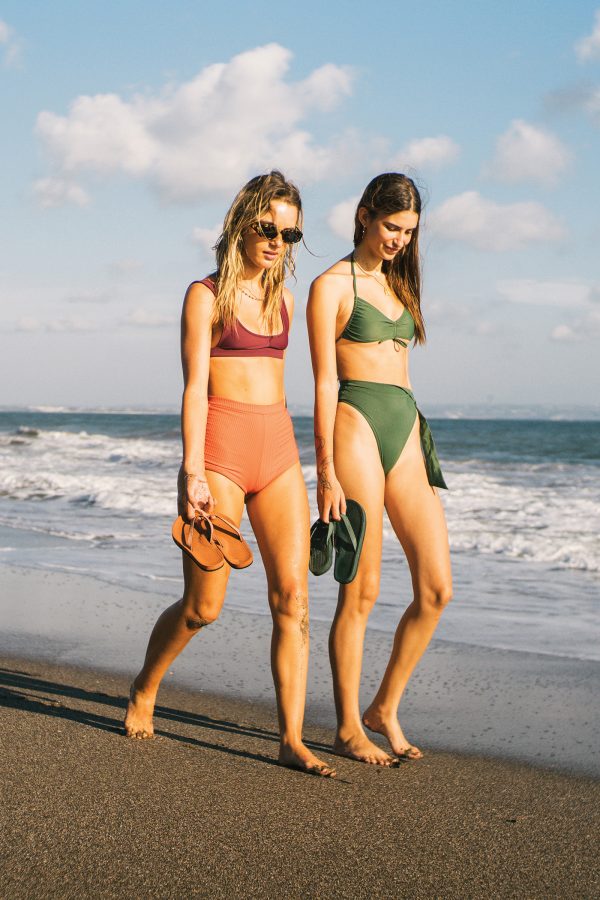
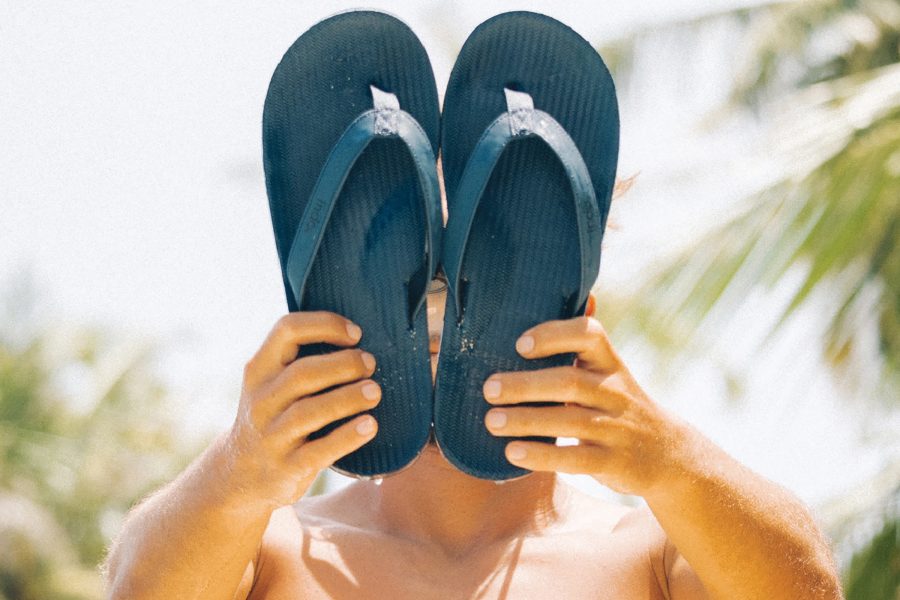
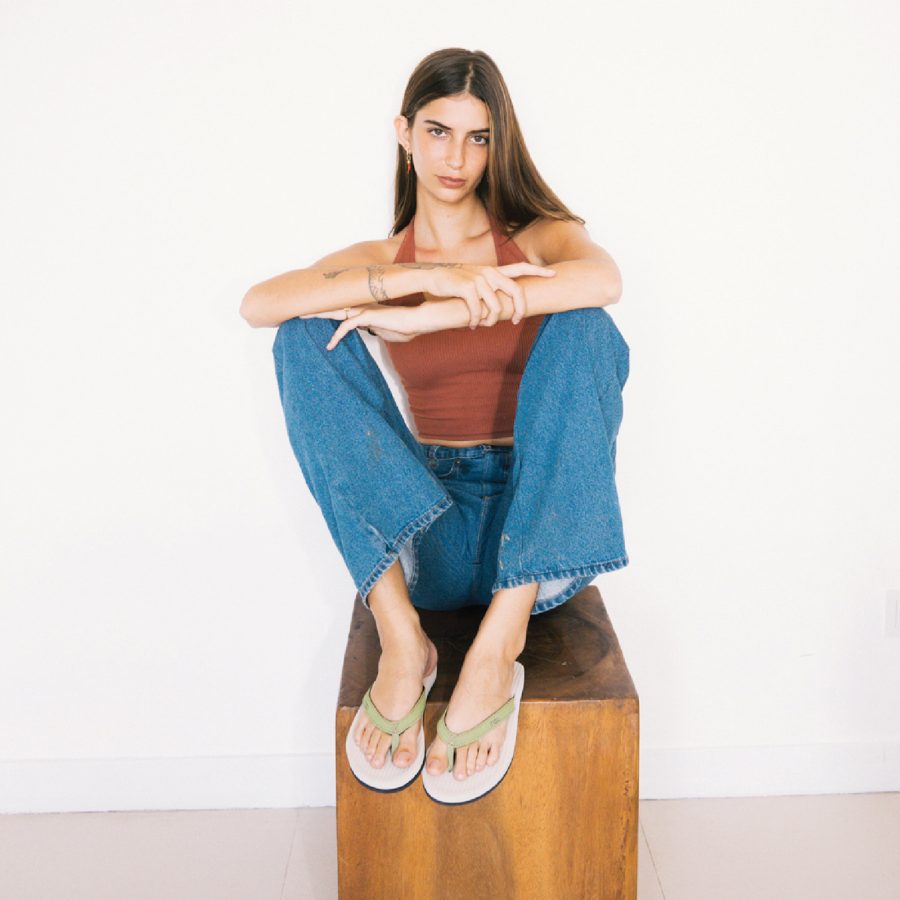
Indosole
If treading lightly on the planet is part of your travel philosophy, then carefully step in the direction of Indosole The brand was founded in 2009 by Kyle Parsons, who noted two things: that flip-flops were one of the main discarded items found on Bali’s beaches and that each year billions of tyres are thrown into landfills and burnt. Cue a sustainable business that uses waste tyres and other materials to make 100 per cent recycled flip-flops. What’s more, they’re stylish. Manufactured in Indonesia, Indosole’s flip-flops are now distributed to 30 countries worldwide, but best purchased locally at stores in Canggu, Ubud and Uluwatu.
More inspiration
Denpasar (Bali) travel information
- China – the Chinese Mainland, Hong Kong SAR, Macao SAR and Taiwan Region
- Hong Kong SAR - English
- Chinese Mainland (China) - English
- Taiwan, China - English
- 香港特別行政區 - 繁體中文
- 中国內地 - 简体中文
- 中國台灣 - 繁體中文
- Africa
- South Africa - English
- Asia
- Bangladesh - English
- Korea - English
- Singapore - English
- Cambodia - English
- 한국 - 한국어
- Sri Lanka - English
- India - English
- Malaysia - English
- Thailand - English
- Indonesia - English
- Maldives - English
- ประเทศไทย - ภาษาไทย
- Indonesia - Bahasa Indonesia
- Myanmar - English
- Vietnam - English
- Japan - English
- Nepal - English
- Việt Nam - tiếng Việt
- 日本 - 日本語
- Philippines - English
- Australasia
- Australia - English
- New Zealand - English
